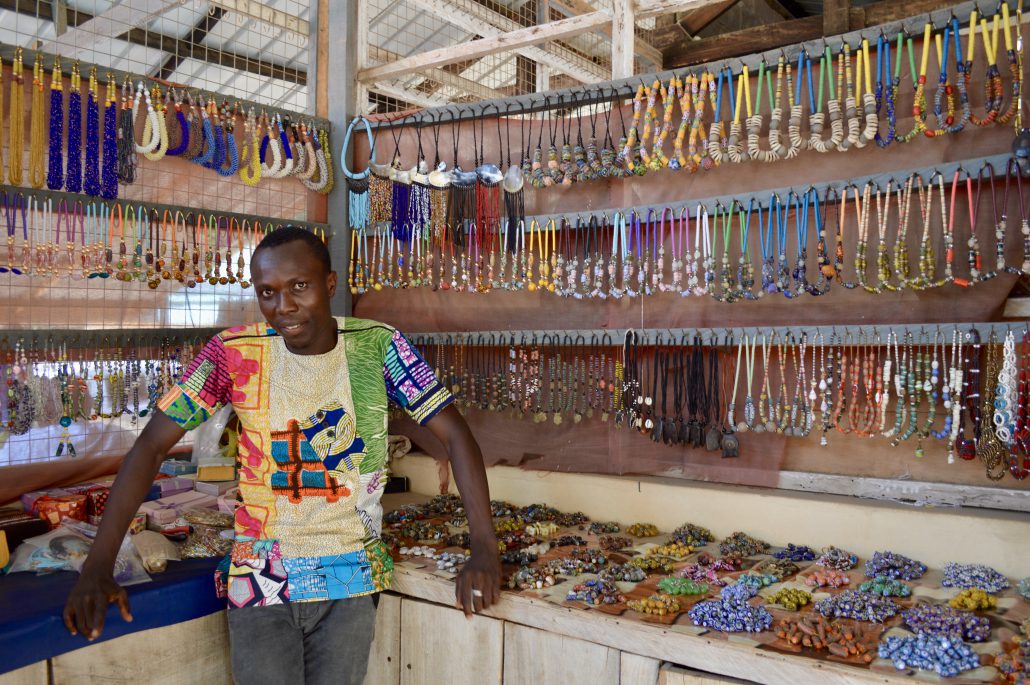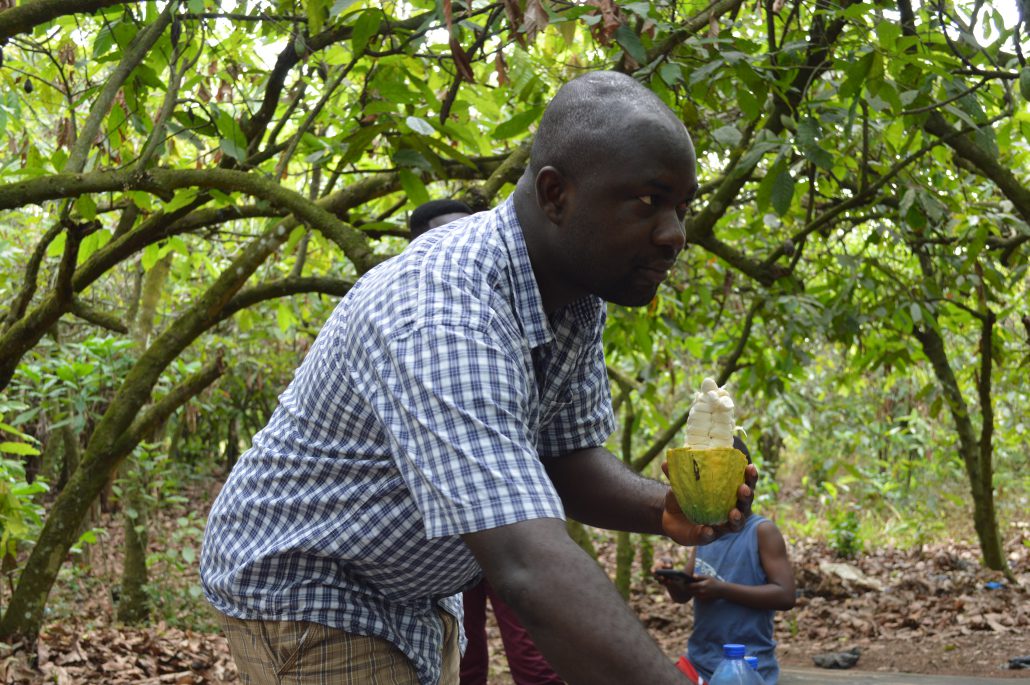BY ASHLEY YOUNG
In the statement of purpose that I submitted to UCEAP before coming to study abroad at the University of Ghana, I wrote, “As I understand it, studying abroad is a wholly exciting and immersive experience, a commitment of oneself to engage with all that is around them and to pour into the culture and people of their chosen country. While studying abroad, living and learning are fully integrated, inseparable functions.” Having completed over two months in Ghana, I now know that this hypothesis is correct, and I am working each day to fulfill the great potential that my study abroad experience has. Specifically, I have been using certain strategies to help me prevent avoidable problems, relieve stress and remain resilient, and integrate myself into the Ghanaian culture. In this blog post, I will be sharing some of these strategies – I hope you find them helpful!
Strategies to Prevent Avoidable Problems:
- Eat a healthy diet.
While it may seem simple, this one thing can make a huge difference in your day to day wellbeing, and is important not just to your physical health, but also your mental health. Eating well gives you energy, helps you to feel good about yourself, and allows you to be productive and well-focused in other areas in your life, such as academics. Eat lots of fruits and vegetables, take time to shop, plan meals, thoughtfully prepare food, and eat with others!

- Sleep well.
Getting 7-8 hours of sleep, during the same period of each night, is fundamental to maintaining a positive attitude and preparing yourself for each day. It’s not always possible but certainly worth a shot!
- Stay on top of your work.
- Plan ahead.
When you stay on top of your work, you are able to avoid the unnecessary stress caused by procrastination and develop a cushion for unexpected events that require your time. When you plan ahead, this sort of time-management only becomes easier.
Strategies to Relieve Stress and Remain Resilient:
- Exercise.
The University of Ghana gym is very small, but is an option for exercise, as well as other activities such as running and yoga. These activities give you time to clear your head, help you to let out unwanted tension, and improve your mood, appetite, and self-esteem. Additionally, setting goals in these activities gives you something to work towards and is enjoyable as you see yourself make progress and accomplish new things.
- Make your room an enjoyable and relaxing place.
Clean and organize your room well. When you walk in, you should not have to look at a bunch of misplaced things. You can just go in, sit down, take a breath, and have an environment immediately conducive for relaxing and/or studying.
- View your time as a learning experience.
At times, you will be faced with challenges that you have never encountered before. Know that these challenges are opportunities to learn and to grow! A positive outlook will help you to mitigate your stress as you take on challenges with an open mind and remember to view difficulties in the context of learning.
Strategies to Integrate into the Ghanaian Culture:
- Learn the local language.
- Make a point to regularly talk to and interact with Ghanaians.
Before I came here, I did not intend on taking a Twi class, but I have realized that not only is this fun, it helps me to feel more comfortable during my stay. Learning Twi is an excellent opportunity to actively participate in the culture, rather than just observe it. In a similar way, interacting with Ghanaians, especially students, gives you more opportunities to participate in the University of Ghana community and learn from the people who live here.


All of these strategies have been useful in ensuring that my study abroad experience is the best that it can be. I hope some can help you as well!
Ashley
Complimentary Twi Lesson!:
Aduane a mepε paa ne _____! (The food which I like best is _____!)
Atosodeε (vegetable)
Dauba (fruit)
Nsuo (water)
εkom dε me. (I am hungry.)
Ashley Young studied abroad in Accra, Ghana in 2018: https://uceap.universityofcalifornia.edu/programs/explore-ghana



